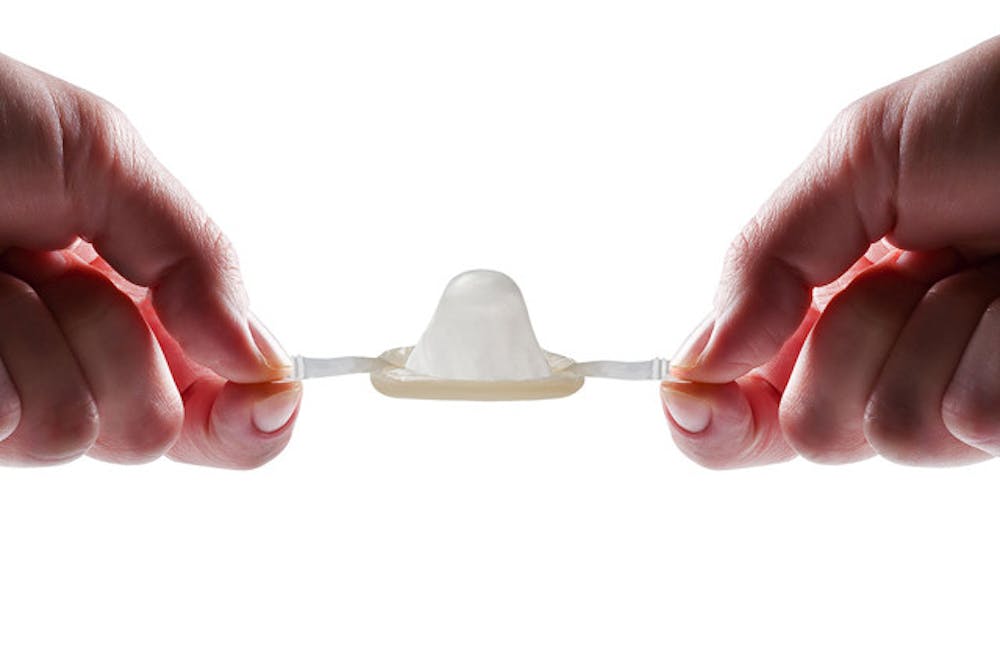Grab your condoms and dental dams.
Alachua County has one of the highest rates of chlamydia in Florida.
The county is the second highest, according to a 2019 report by County Health Rankings and Roadmaps. The program provides snapshots of health statistics in counties in the United States on its website, said Ericka Burroughs-Girardi, the program’s action learning coach.
Alachua County was beaten by Leon County, home of Florida State University, for the highest chlamydia rate in Florida.
As of January, there are about 860 diagnosed cases of chlamydia per 100,000 people in Alachua County, according to the report. The data is provided by the National Center for HIV/AIDS, Viral Hepatitis, STD, and TB Prevention, Burroughs-Girardi said.
“Health is local,” she said. “Where you live matters to your health and matters to how long and how well you live.”
There is a trend of counties with large student bodies having higher rates of sexually transmitted diseases, she said. Alachua County is getting worse in this statistic.
Chlamydia is a bacterial STD that is contracted through vaginal, anal or oral sex, said Gay Koehler-Sides, a program manager for the Florida Department of Health in Alachua County. Symptoms usually do not present themselves to those who are infected.
“People assume they don’t have anything,” she said. “I think they unknowingly pass this on.”
When symptoms are present, there can be discharge from the penis or vagina, and there can be pain or burning during urination or sex, she said. It is treatable with antibiotics, and it can be contracted more than once.
Alachua County has had high chlamydia rates for the last five to 10 years, and the southeastern U.S. tends to have the highest rates, said Robert L. Cook, a UF professor of epidemiology and medicine.
“Alachua County, in general, is more like the deep South than other parts of Florida in terms of culture,” Cook said.
Cook said he has researched STDs for almost 30 years. He said students aren’t necessarily the reason for Alachua County’s high chlamydia rate, and that women do get tested more than men do.
“It could be that we need to test the guys and get them treated more if we’re going to solve the problem,” he said.
Andrew Wunderlich, an 18-year-old UF finance freshman, said it was alarming but not surprising to hear the statistic.
“The majority of people probably aren’t as educated on it as they could be,” Wunderlich said. “I know they have resources here, but I think you also should research it for yourself.”
Contact Lina Ruiz at lruiz@alligator.org. Follow her on Twitter @Lina_Ruiz48.






